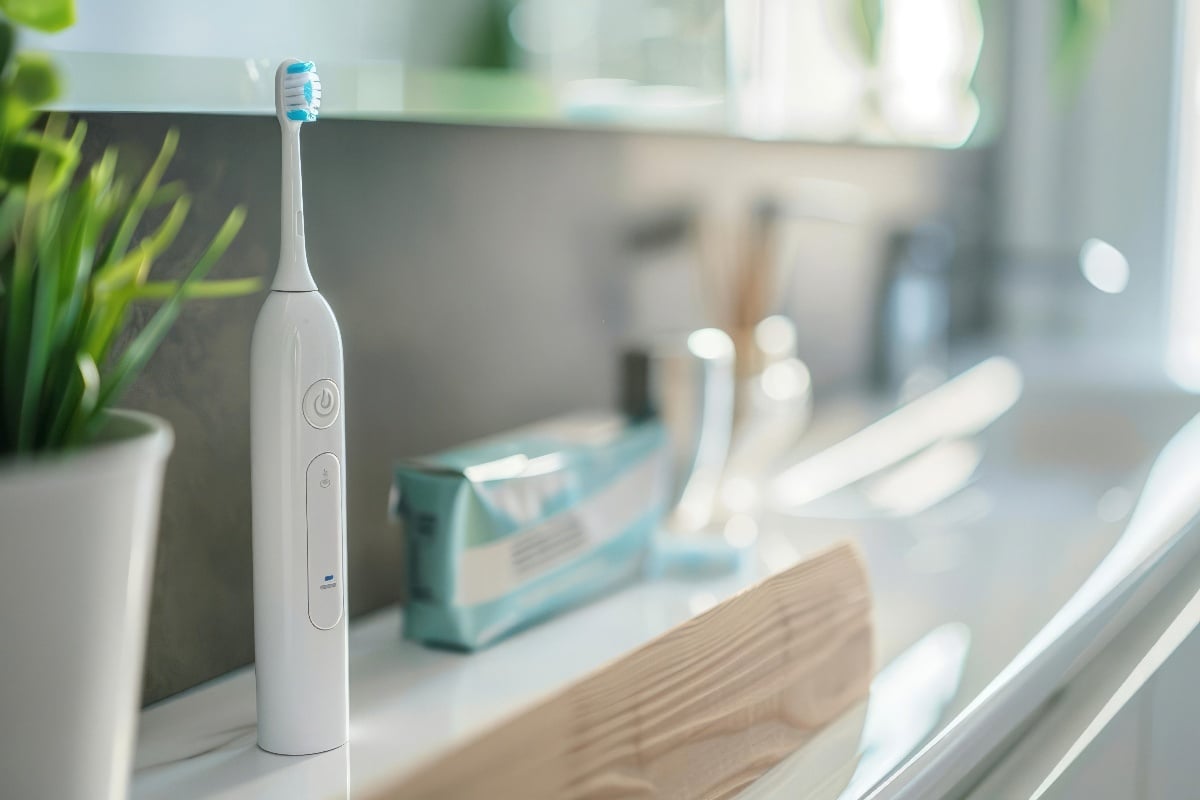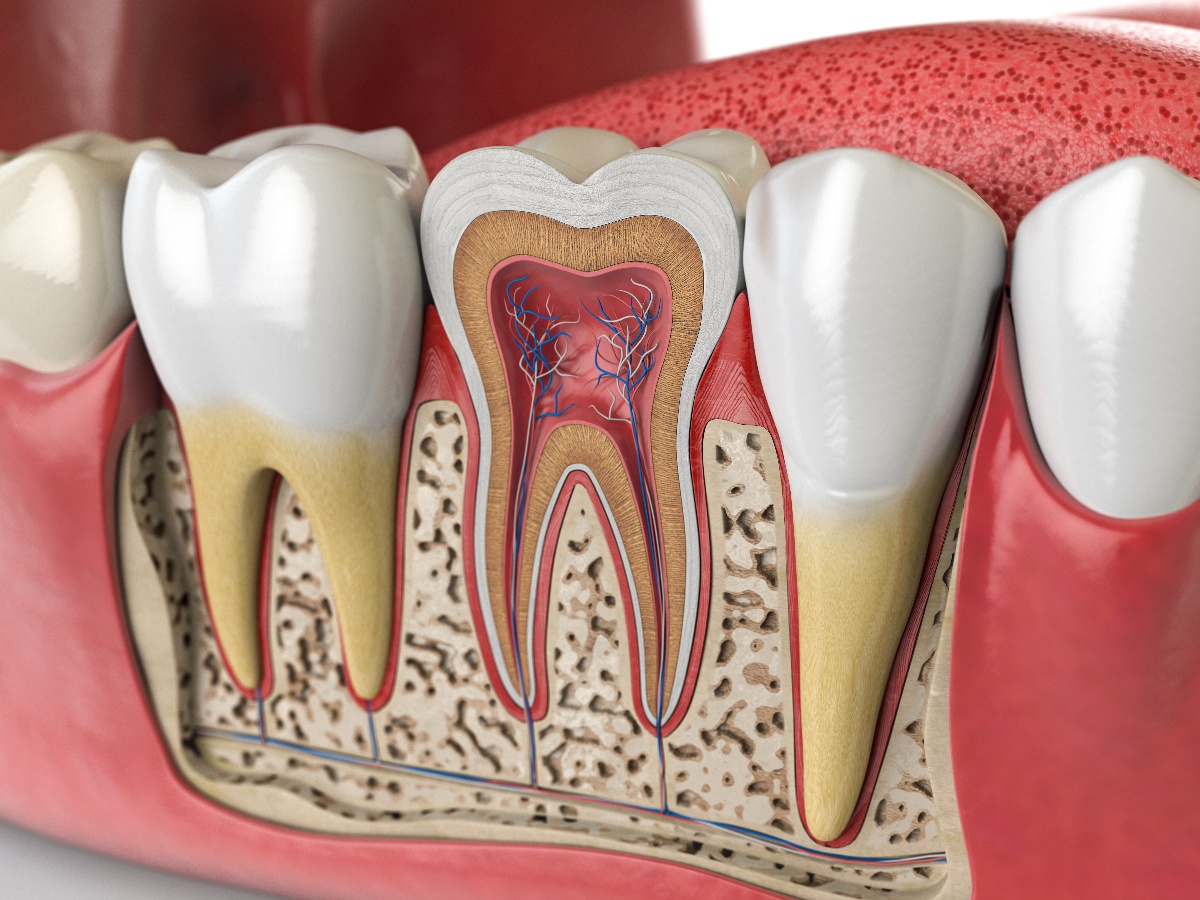Tooth decay is the most common chronic childhood disease but is easily preventable. Early dental visits are crucial to keeping your child's teeth and smile healthy for life. Oral healthcare professionals can help prevent cavities, teach good habits, and make your child’s dental visit a positive experience. This article discusses why early dental care is essential to ensure your child’s oral health.
The Importance of Primary Teeth
You might hear primary teeth called "baby teeth" or "milk teeth," but don't let those terms mislead you. Although tiny, their significance is enormous to your child’s oral and long-term health. Primary teeth play a crucial role in children’s:
- Ability to eat a healthy and balanced diet.
- Ability to communicate clearly by making sounds properly.
- Properly aligned teeth that help create a beautiful adult smile.
- Prevention of adult tooth decay and gum disease as they grow.
- Healthy adult jawbone and facial structure.
- Development of a confident self-esteem that is enhanced by healthy teeth and gums.
Despite their similarities and roles in eating and speech, several key differences distinguish your child’s teeth from the ones they will have as adults. These differences include:
- Number: Children typically have 20 baby teeth, while adults have 32, including wisdom teeth.
- Size: Baby teeth are much smaller to fit a child's smaller jaw.
- Color: Primary teeth tend to be whiter due to their thicker enamel layer.
- Shape: Baby teeth have a rounded appearance, while permanent teeth have sharper ridges for better chewing.
- Roots: The roots of primary teeth are shorter and thinner to accommodate developing permanent teeth beneath them.
- Strength: Adult teeth have thicker enamel, making them stronger and less prone to cavities.
- Duration: Baby teeth are temporary, serving during early childhood. Adult teeth are meant to last a lifetime and have no natural replacements if they are removed.
- Susceptibility to Decay: Due to thinner enamel, baby teeth are more prone to cavities than adult teeth, making early dental hygiene and care essential.
The Foundation of Lifetime Oral Health
The foundation of beneficial oral hygiene habits is laid early in life, and they set the stage for a lifetime of healthy teeth and gums. It is vital to your child’s dental health to establish practices that prevent decay and gum disease during a period when tooth enamel is most likely to experience decay.
Unfortunately, statistics reveal that many children are lacking in the formation of this oral health foundation. According to the Centers for Disease Control and Prevention (CDC), about 20% of children aged 5 to 11 have at least one untreated decayed tooth. Additionally, the American Academy of Pediatric Dentistry reports that tooth decay is the most common chronic childhood disease, five times more common than asthma.
These figures highlight the urgent need for early dental care education and intervention. Healthy dental practices include a range of habits and routines, from daily brushing and flossing to regular dental check-ups.
Here are several ways that early dental care can impact your child's health:
- Preventive Care. Regular dental visits for cleanings and check-ups can prevent cavities and tooth decay. Early detection of issues allows for simpler, less invasive treatments.
- Education. Learning proper brushing and flossing techniques at a young age instills habits that last a lifetime, significantly reducing the risk of dental problems.
- Dietary Habits. Understanding the impact of sugar and acidic foods on dental health can guide healthier food choices, protecting teeth from decay.
- Speech and Language Development. The alignment and health of teeth are crucial for the articulation of sounds. Dental problems in early childhood can affect your child’s ability to speak clearly, potentially delaying speech or language development.
- School Performance. Children with poor oral health often experience discomfort or pain that can distract them from studies and negatively affect their academic performance. Regular dental care can prevent these issues, improving concentration and learning outcomes.
- Social Development. Early dental problems can affect the appearance of your child's smile, potentially leading to self-consciousness and low self-esteem. A healthy set of teeth can boost their confidence and positively impact their social interactions and development.
- Prevention of Future Dental Problems. Early detection and treatment of dental issues can prevent more serious problems later in life, including misalignment of permanent teeth and the need for extensive dental work.
Common Dental Issues In Children
While early and preventive care is the goal, most children will experience some dental issues throughout childhood. Understanding the most common dental problems can help you spot them early and seek immediate care from your dentist.
Here are some of the most frequently seen dental issues in children:
- Tooth decay. Dental caries remains the most prevalent chronic childhood disease. It occurs when sugary foods and drinks combine with bacteria to create acids that weaken tooth enamel. Cavities can cause pain, sensitivity, and infection if left untreated.
- Inflamed gums. Though often considered an adult issue, children can develop gingivitis, the early stage of gum disease. Signs include red, swollen, or bleeding gums.
- Sensitive teeth. Children might experience sensitivity to hot, cold, or sweet foods due to thin enamel, cavities, or newly erupting teeth.
- Thumb Sucking/Pacifier Use. These habits are common in infants and toddlers. Prolonged use beyond age 3-4 can affect teeth and jaw alignment.
- Dental Injuries. Children are prone to accidents while playing or participating in sports. Chipped, cracked, or knocked-out teeth require prompt dental attention.
- Teeth Grinding. Teeth grinding, or bruxism is a common issue among children. It can occur during sleep or while awake. You should consult your dentist to see if your child’s bruxism requires treatment.
- Crooked or crowded teeth. Orthodontic problems are common in children and can affect speech development, chewing ability, and self-esteem. Early intervention and orthodontic treatment can help correct these problems and prevent more serious issues later in life.
Healthy Teeth For Children
Maintaining healthy teeth in children is crucial for their overall health, development, and well-being. Parents can help prevent common dental issues early and ensure their children enjoy a lifetime of healthy smiles by instilling good dental habits early.
You can help keep your child’s teeth healthy and bright by including these steps:
- Start brushing early: Begin brushing as soon as the first tooth appears. Use an infant toothbrush with water, then transition to a small amount of fluoride toothpaste around age two. Supervise brushing for young children until they develop the skill to do it thoroughly.
- Make flossing a habit: Flossing is as important as brushing. Help your child floss as soon as any two teeth touch, ideally once daily.
- Choose healthy snacks: Limit sugary drinks and snacks that stick to teeth. Offer crunchy fruits and vegetables, cheese, or plain yogurt instead.
- Take advantage of the power of fluoride: Use fluoride toothpaste and talk to your dentist about additional fluoride treatments if your water supply isn't fluoridated. Fluoride strengthens enamel, making teeth more cavity-resistant.
- Start dental visits early: Your child's first dental visit by age one is essential. Subsequent checkups allow your dentist to provide cleanings, catch problems early, and teach healthy habits.
- Ask about sealants: Consult your dentist to find out if your child is a good candidate for sealants that can help prevent cavities on back teeth.
- Mouth protection. Ask your dentist about a custom mouthguard that can be worn when your child participates in sports.
Investing in your child's oral health now sets the stage for a lifetime of healthy, happy smiles. Early and consistent dental care is truly a gift that keeps on giving!
Schedule an Appointment
To learn more about how the oral healthcare professionals at Palmetto Dental Arts can help your family maintain optimal oral health, call us or contact us online.





